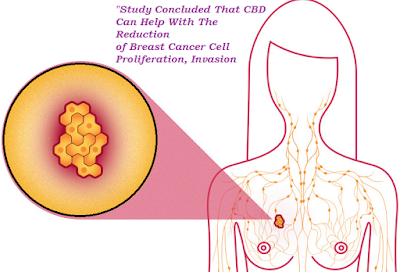Many of us have heard of some of the transmitter systems within our bodies, such as the nervous system, which gives us our fight-or-flight response. Fewer have heard of the more recently discovered endocannabinoid system which is amazing when you consider that the ECS is critical for almost every aspect of our moment-to-moment functioning.
The ECS regulates and controls many of our most critical bodily functions such as learning and memory, emotional processing, sleep, temperature control, pain control, inflammatory and immune responses, and eating. The ECS is currently at the center of renewed international research and drug development.
What is the ECS?
The ECS comprises a vast network of chemical signals and cellular receptors that are densely packed throughout our brains and bodies. The "cannabinoid" receptors in the brain — the CB1 receptors — outnumber many of the other receptor types on the brain. They act like traffic cops to control the levels and activity of most of the other neurotransmitters. This is how they regulate things: by immediate feedback, turning up or down the activity of whichever system needs to be adjusted, whether that is hunger, temperature, or alertness.
A second type of cannabinoid receptor, the CB2 receptor, exists mostly in our immune tissues and is critical to helping control our immune functioning, and it plays a role in modulating intestinal inflammation, contraction, and pain in inflammatory bowel conditions. CB2 receptors are particularly exciting targets of drug development because they don’t cause the high associated with cannabis that stimulating the CB1 receptors does (which is often an unwanted side effect).
To stimulate these receptors, our bodies produce molecules called endocannabinoids (also called endogenous cannabinoids), which have a structural similarity to molecules in the cannabis plant, the anandamide (AEA) & the 2-arachidonoylglyerol (2-AG)





